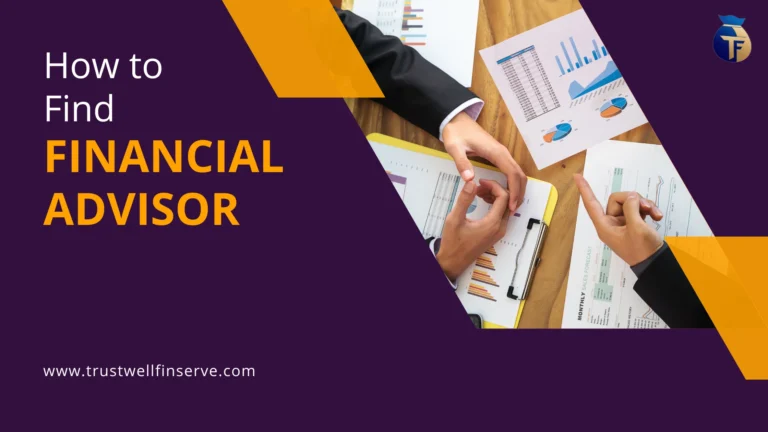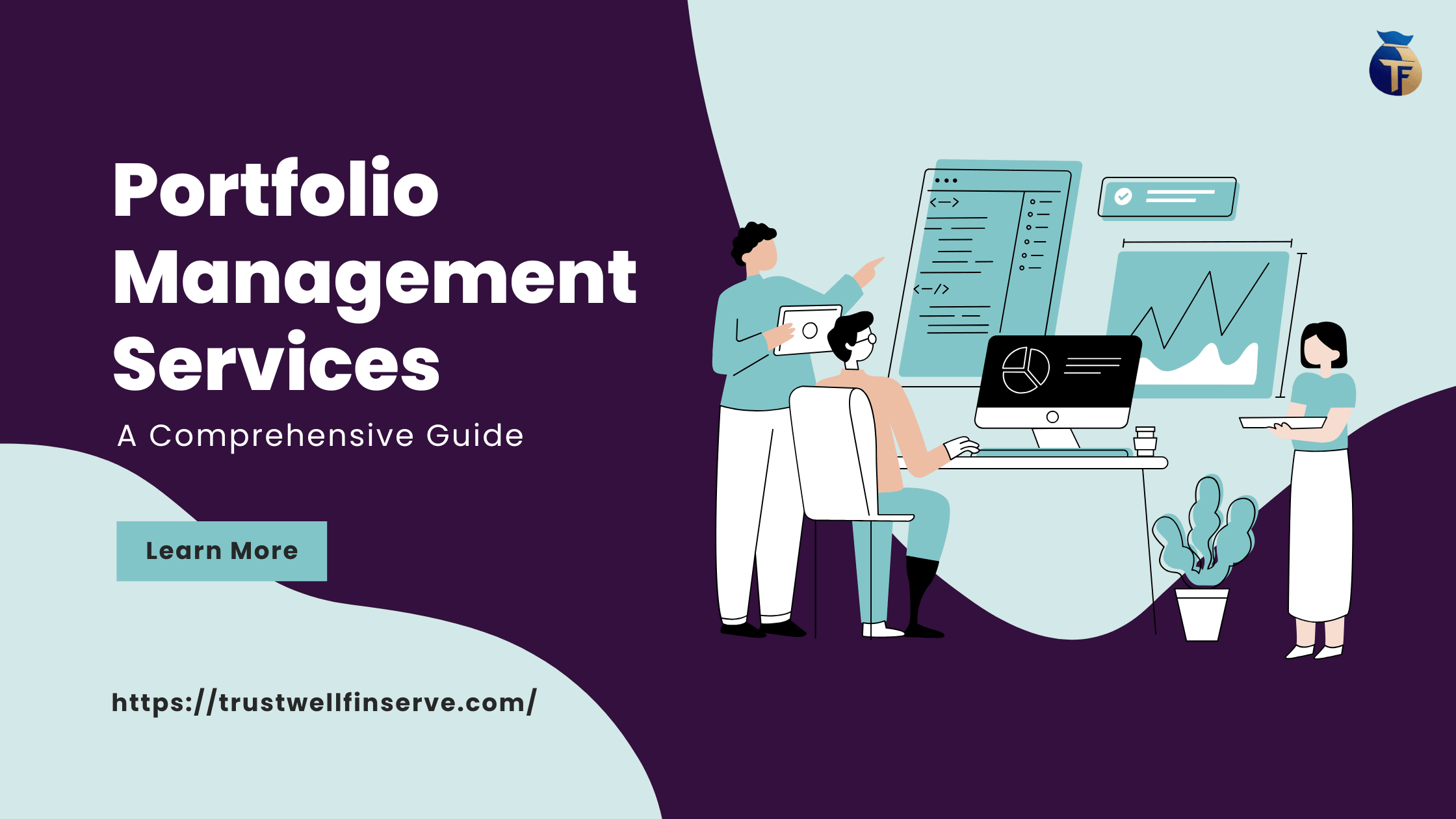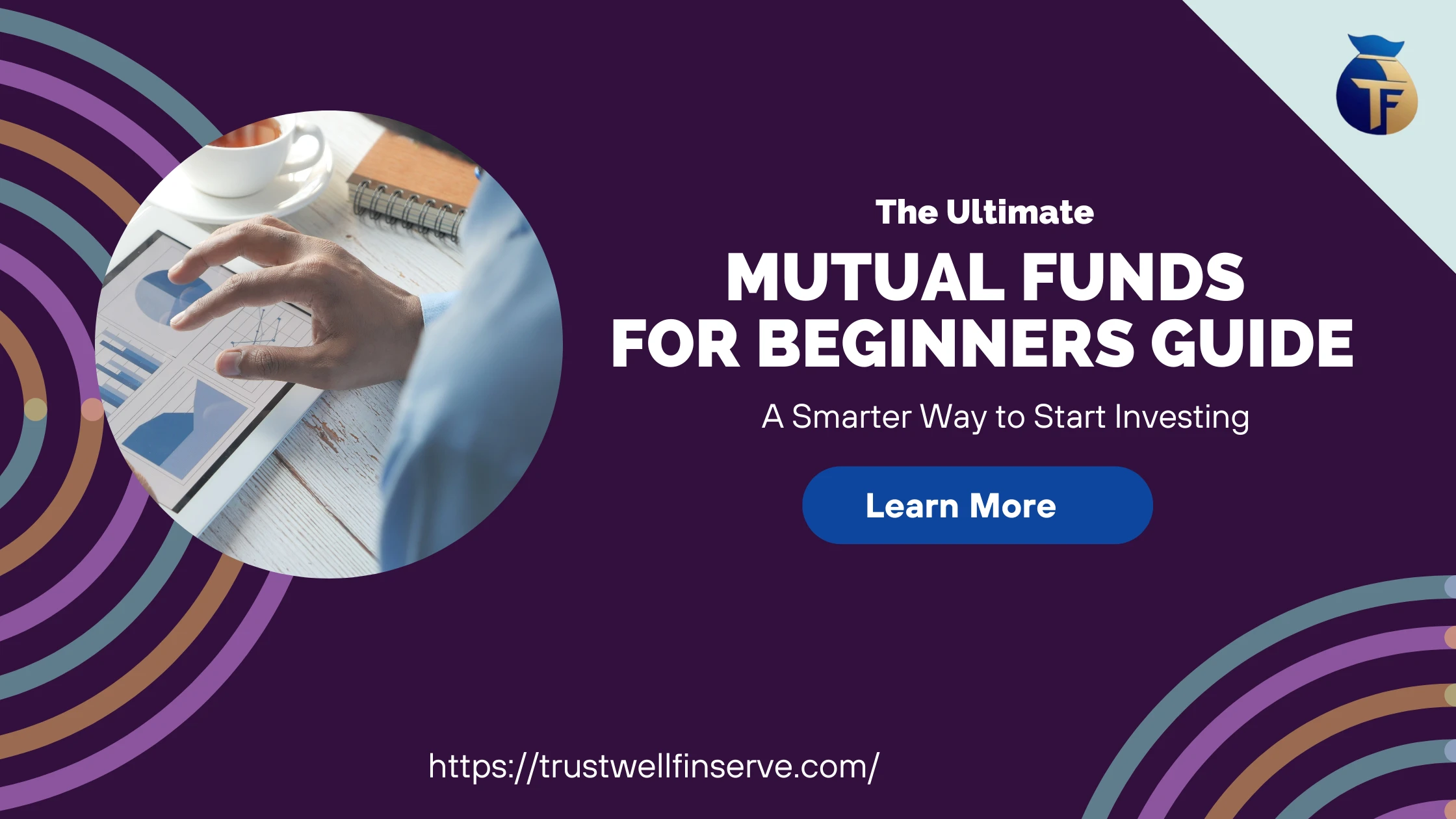Choosing the right Financial Advisor can make a significant difference in achieving your life goals—whether it’s buying a home, saving for retirement, or planning for your child’s education. But with so many professionals claiming to offer expert advice, how do you find the one that’s right for you?
This guide breaks down the process into clear steps to help you choose a trustworthy, qualified financial advisor who matches your needs.
Why You Might Need a Financial Advisor
Before we dive into how to find one, let’s clarify why you might need a financial advisor:
- You want to create a Financial Plan or retirement roadmap
- You’re unsure how to invest your money
- You need tax-efficient investment strategies
- You’ve had a major life event (marriage, inheritance, job change)
- You want peace of mind knowing your finances are in expert hands
Step 1: Understand the Types of Financial Advisors
Financial advisors come in various forms. Here’s a quick breakdown:
| Type | Services Offered | Paid Through |
|---|---|---|
| Fee-Only Advisors | Objective advice, financial planning, investments | Flat fee or % of assets |
| Commission-Based | Product-based advice (e.g., insurance, MF) | Commissions on products |
| Fee-Based (Hybrid) | Mix of fee-only and commission-based | Fees + commissions |
Choose the type that aligns with your expectations and transparency needs.
Step 2: Look for Proper Qualifications
Reputable financial advisors often hold certifications such as:
- CFP® (Certified Financial Planner) – Broad expertise in financial planning
- NISM Certified – Mandatory for Mutual Fund and investment distribution in India
- SEBI Registered Investment Advisor (RIA) – Regulated professionals for unbiased advice
- IRDAI Registered – Regulated professionals for Insurance-related services
Step 3: Use Trusted Sources to Search
Here’s where you can start your search:
- SEBI’s Official RIA List – For fee-only investment advisors in India
- Financial advisory firms like Trustwell Finserve – Offering MF, PMS, and insurance support
- Referral from friends or family – Someone you trust may have a great advisor
- Online directories – Sites like AMFI MFD Search or IRDAI Insurance Agent Locator
Step 4: Ask the Right Questions
When interviewing a financial advisor, ask:
- What services do you provide?
- How are you compensated?
- Are you a fiduciary?
- Can you share references or testimonials?
- What is your investment philosophy?
- Do you offer ongoing monitoring and rebalancing?
Step 5: Evaluate Transparency & Compatibility
A good advisor should:
- Be transparent about fees and products
- Listen to your goals and explain strategies clearly
- Avoid high-pressure product selling
- Provide ongoing support and regular reviews
If you feel rushed or confused, it might not be the right fit.
Step 6: Review Regulatory Status
Make sure your advisor is registered and in good standing with:
- SEBI (India) – For Investment Advisors
- AMFI (India) – For Mutual Fund Distributors
- APMI (India) – For PMS Distributors
- IRDAI – For Insurance-related services
This ensures credibility and legal compliance.
Step 7: Understand the Scope of Services
Ask whether your advisor covers:
- Mutual fund planning
- Portfolio review and risk analysis
- Tax-saving strategies
- Goal-based planning (retirement, child education, etc.)
- PMS (Portfolio Management Services) or insurance advisory
Choose one that offers what you need, not just a standard package.
Final Thoughts
A great financial advisor doesn’t just recommend where to invest—they help you build confidence in your financial future. By focusing on qualifications, transparency, and compatibility, you’ll be better equipped to find someone who can guide you through every financial milestone.
Disclaimer: The content on this blog is intended solely for educational purposes. All investment and financial planning strategies discussed are subject to market conditions and other factors beyond our control. Any Securities or investments mentioned are not to be taken as recommendations or endorsements. Readers are encouraged to consult with a qualified financial advisor before making any investment decisions.




